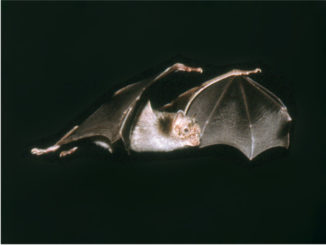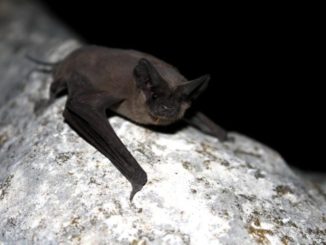Comparative epidemiology of poliovirus transmission
Corresponding authors: Navideh Noori, nnoori@uga.edu; John M. Drake, john@drakeresearchlab.com; and Pejman Rohani, Rohani@uga.edu Since the widespread introduction of the polio vaccine in the mid 1900s, poliomyelitis, an acute viral disease, has been almost eradicated, with a decline of over 99% in the annual wild poliovirus (WPV) incidence. However, challenges including conflict, religious beliefs, and social […]










